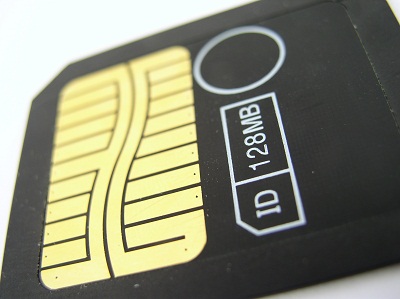Reports on Tuesday indicated that a fiber optic cable in the northern part of Egypt had been damaged, resulting in the loss of all telecommunications in Egypt’s second largest city of Alexandria and parts of the Nile Delta region.
One official told IT News Africa that “a Telecom Egypt fiber line near Alexandria has been damaged resulting in loss of telecommunications for all three mobile operators.”
The official, however, did not give details as to why the cable was damaged, and it remains unclear whether it was an attack or a miscue on the operator’s part.
Telecom Egypt, the country’s state-owned fixed line monopoly is responsible for all ADSL Internet connections and the three mobile phone operators in Egypt also use the cables for connectivity.
Egypt is not unfamiliar to telecom cuts. In recent years, the country has lost Internet service after Mediterranean cables were cut, leaving the country largely blacked out for days.
The official, who was not authorized to speak to the media, did say that they were attempting to rectify the problem “as soon as we understand exactly what happened.”
Users across the country reported immediate drops in speed and connectivity. At local cafes in Cairo, users immediately saw a difference in connection speed.
“I hope they get this sorted out quickly, because I have to upload things daily and this cut is affecting how I work,” said an Egyptian blogger and journalist, who added that the “Internet is my life. If it goes down, it really hurts my ability to work.”
Joseph Mayton
Related Articles
- Former Egyptian officials fined over Internet cuts (0)
- Egypt amending telecom law (1)
- Egypt launches new mobile service (0)
- Egypt’s Mobinil net profit to drop 80 percent (0)
- Egypt’s mobile users on the rise (0)
- Egyptian telecoms minister replaced due to Israeli links (0)
![]()












































